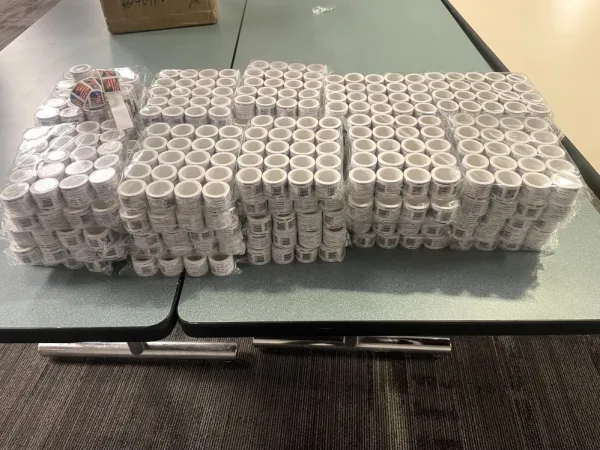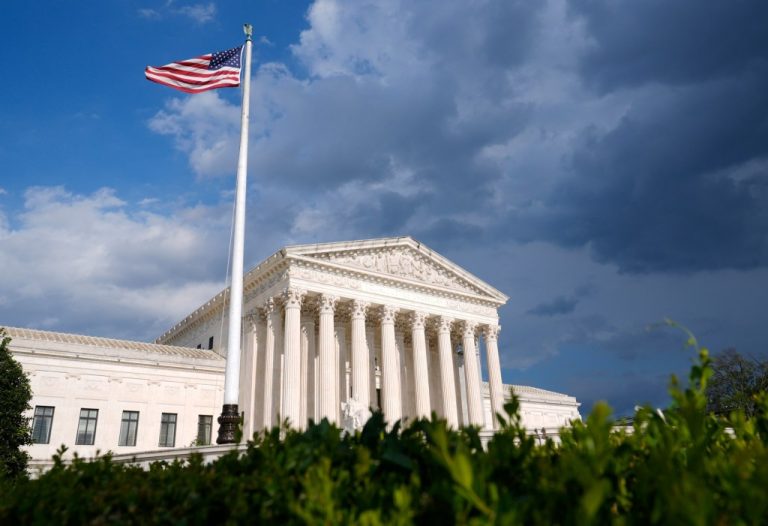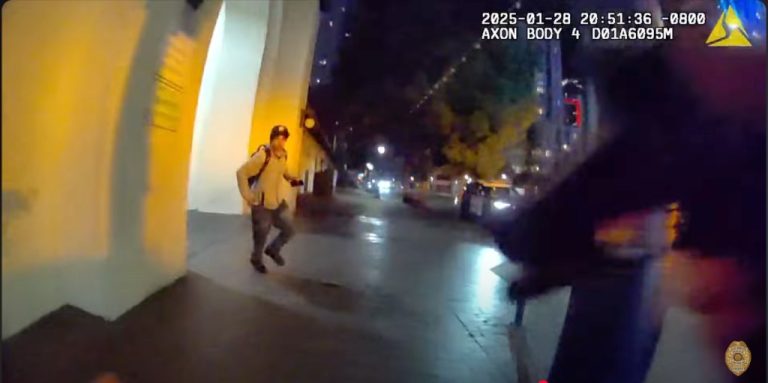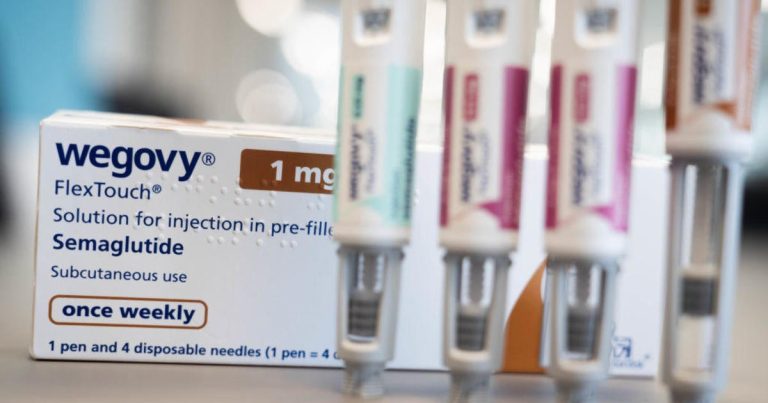
BIRMINGHAM, AL – U.S. Customs and Border Protection (CBP) operations at the Port of Birmingham led to a large seizure of counterfeit U.S. Forever Stamps, preventing hundreds of thousands of fraudulent stamps from entering postal circulation.
The Port of Birmingham operation resulted in the seizure of 200,0000 counterfeit U.S. Forever Stamps from Hong Kong, with a suggested retail price of $146,000.
During an operation at a local sorting facility, CBP officers selected two packages for inspection based on specific criteria. Upon inspection, the packages’ contents looked authentic but further examination revealed the stamps inside were deemed counterfeit and in violation of multiple Intellectual Property Right (IPR) laws.
CBP officers are highly trained to detect and identify IPR violations to protect the American public. Counterfeit goods harm consumers, retailers, trademark holders, and the U.S. economy.
“Protecting America begins with the shared commitment and determination of dedicated CBP Officers, Agriculture Specialists, and support staff. Together, they play a vital role in safeguarding consumers and businesses from counterfeit goods. Economic security is national security.” Said Steve Robinson, CBP Birmingham Port Director.
While counterfeiting is a worldwide issue, China and Hong Kong accounted for approximately 90% of the total CBP IPR quantity seized in FY24.
CBP continues working with Homeland Security Investigations agents and U.S. Postal Inspectors to halt attempts to unlawfully import counterfeit U.S. Forever Stamps.
CBP’s border security mission is led at our nation’s Ports of Entry by CBP officers and agriculture specialists from the Office of Field Operations. CBP screens international travelers and cargo and searches for illicit narcotics, unreported currency, weapons, counterfeit consumer goods, prohibited agriculture, invasive weeds and pests, and other illicit products that could potentially harm the American public, U.S. businesses, and our nation’s safety and economic vitality.
For more updates on CBP follow us on X (formerly Twitter) at @DFONewOrleans and @CBPSoutheast










